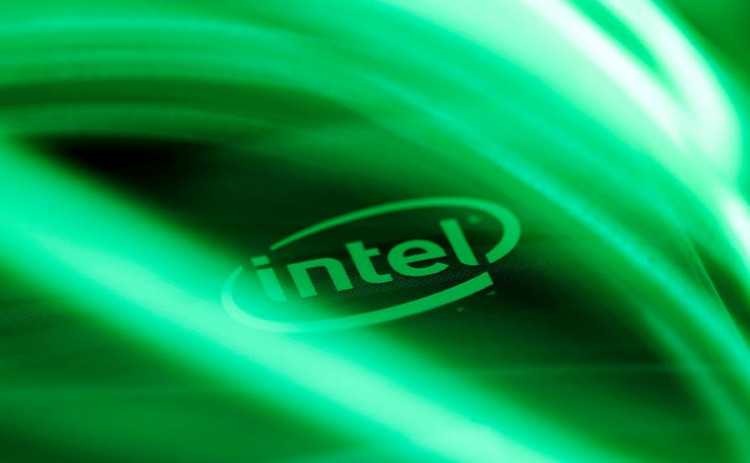On Monday, Intel Corp's self-driving vehicle company Mobileye filed a confidential IPO application in the United States, paving the way for what is likely to be one of the year's largest stock market floatations.
The decision to list Mobileye is part of Intel's broader aim to turn around its core business under Chief Executive Officer Pat Gelsinger.
Over the last few years, investors have placed large bets on emerging technologies in the global transportation industry, and Intel is hoping to capitalize on the demand for autonomous vehicles by listing Mobileye's shares.
Even legacy automakers like General Motors, Ford and Toyota have been investing in models with features like driver-assist and self-driving systems, thanks to advancements in driverless car technology.
Intel, on the other hand, is aiming to test the capital markets at a time when investor interest in initial public offerings has decreased dramatically as a result of recent stock market volatility, which has been fueled by fears of future rate hikes and geopolitical tensions.
According to Dealogic, traditional U.S. IPOs have raised about $2.33 billion since the start of the year, compared to $26.67 billion during the same period last year.
Several companies have postponed or abandoned their intentions to go public in recent weeks.
Intel did not provide any additional information on the IPO, but it had previously stated that it would receive the majority of the profits.
According to Gelsinger, some of the monies will be utilized to develop more Intel chip facilities.
Prior reports disclosed that the chip manufacturer will keep a majority share in the company following the IPO.
As per Reuters and other media sites, the IPO may value Mobileye at more than $50 billion. However, given recent market volatility, Mobileye may now struggle to acquire the same valuation.
In driverless cars, Mobileye, an Israeli startup that Intel purchased for $15.3 billion in 2017, employs a camera-based system with adaptive cruise control and lane change assistance.
The company, which was created in 1999, intends to develop its own "lidar" sensor to aid in the mapping of a three-dimensional view of the road.
In the interim, it is employing Luminar Technologies lidar units on its prototype robotaxis.
Mobileye, which counts BMW, Audi, Volkswagen, Nissan, Honda, and General Motors among its clients, has been a bright light for Intel, which is up against Nvidia Corp and Qualcomm Inc in the chip-making industry.
Activist investors have pressed Gelsinger to explore spinning off Intel's chip division, but the corporation remains committed to investing billions to expand chip manufacturing capacity in the U.S. and increase market dominance.





